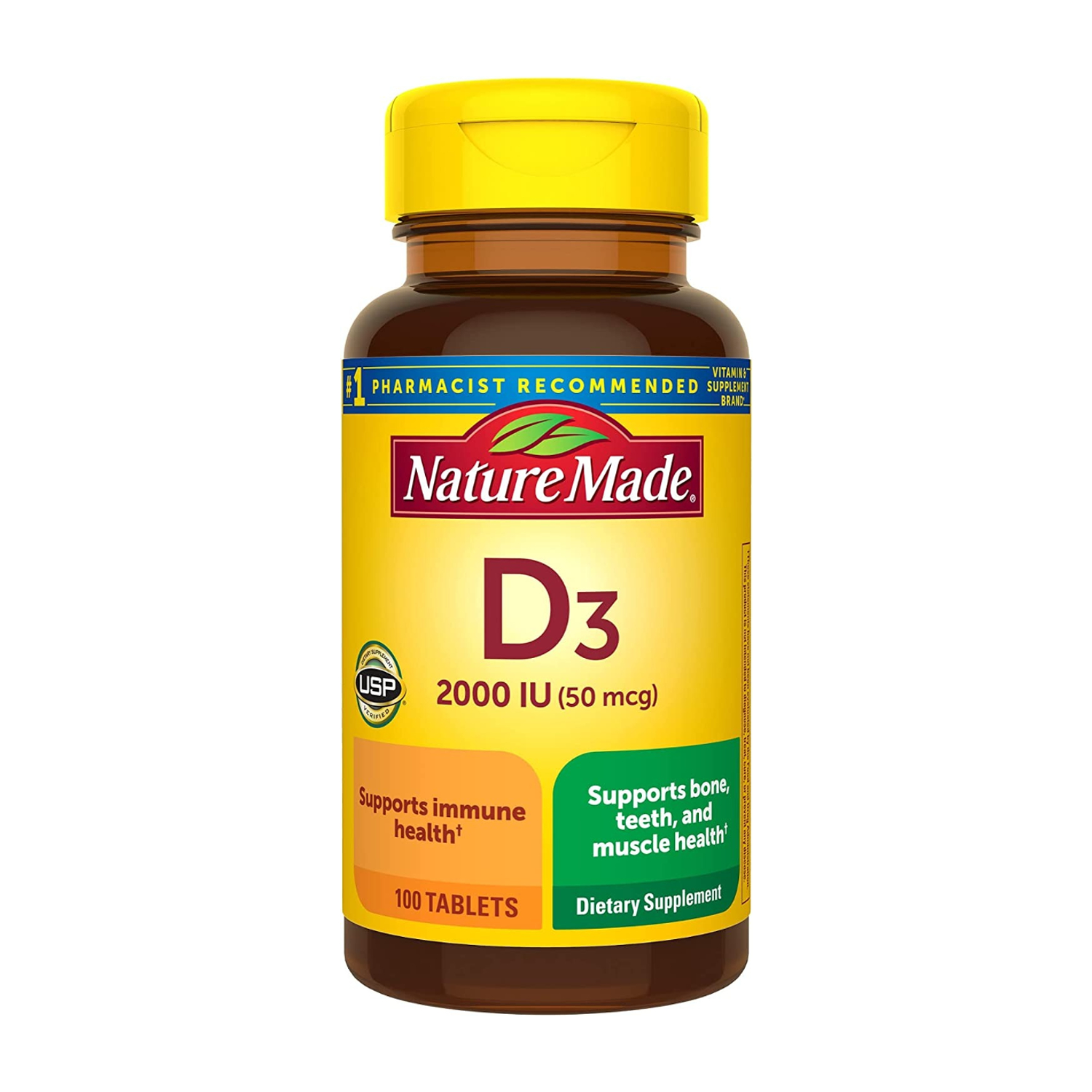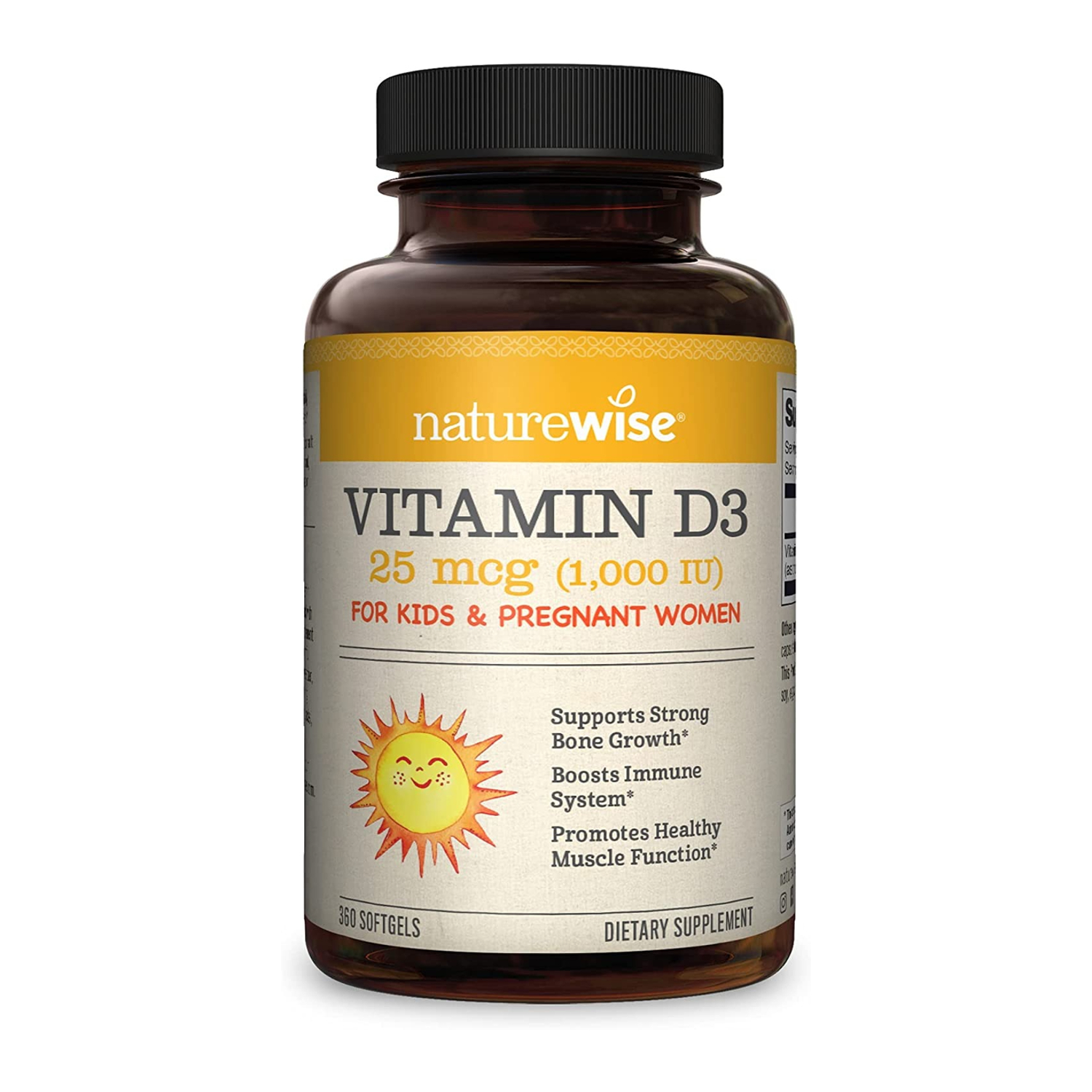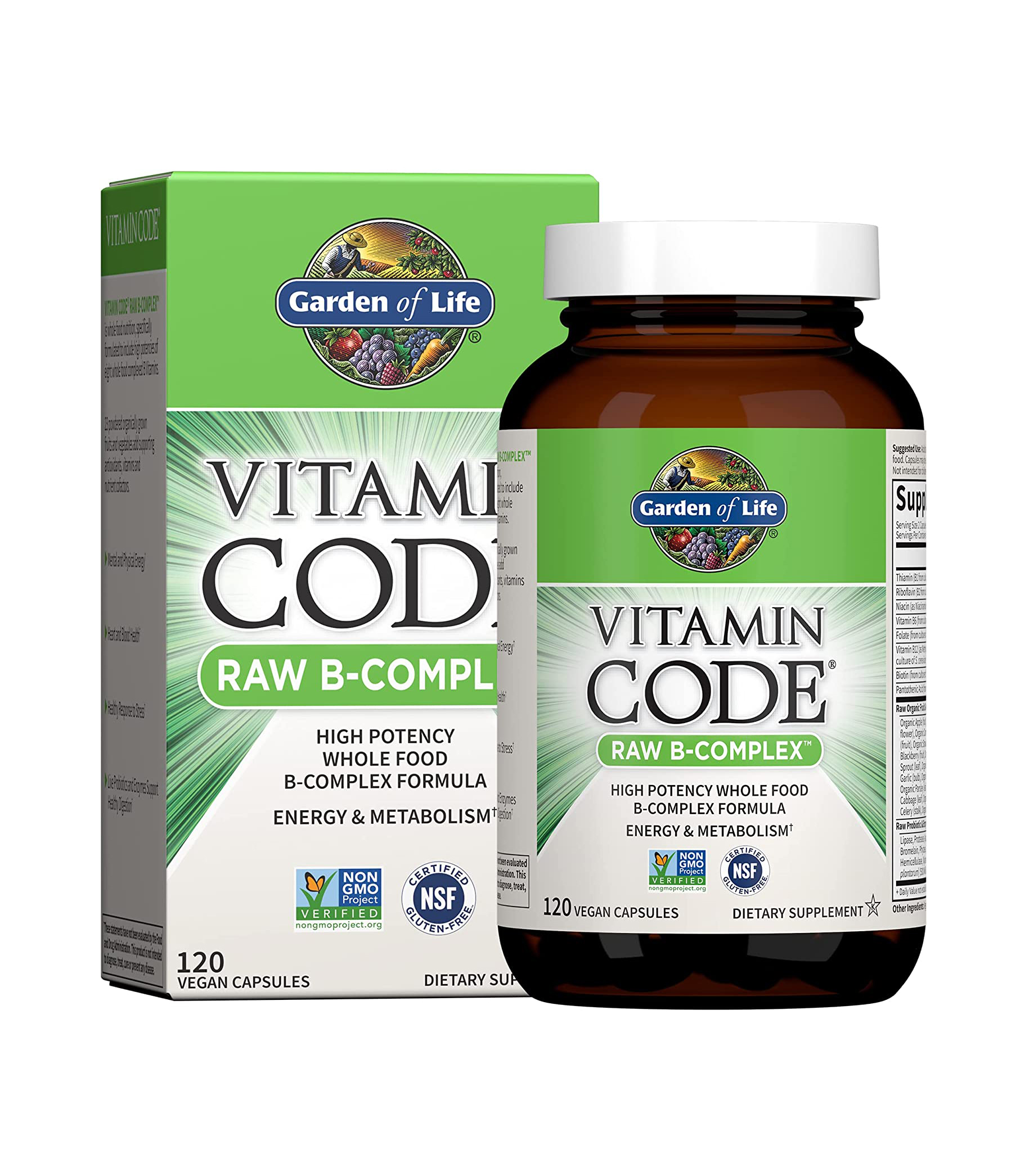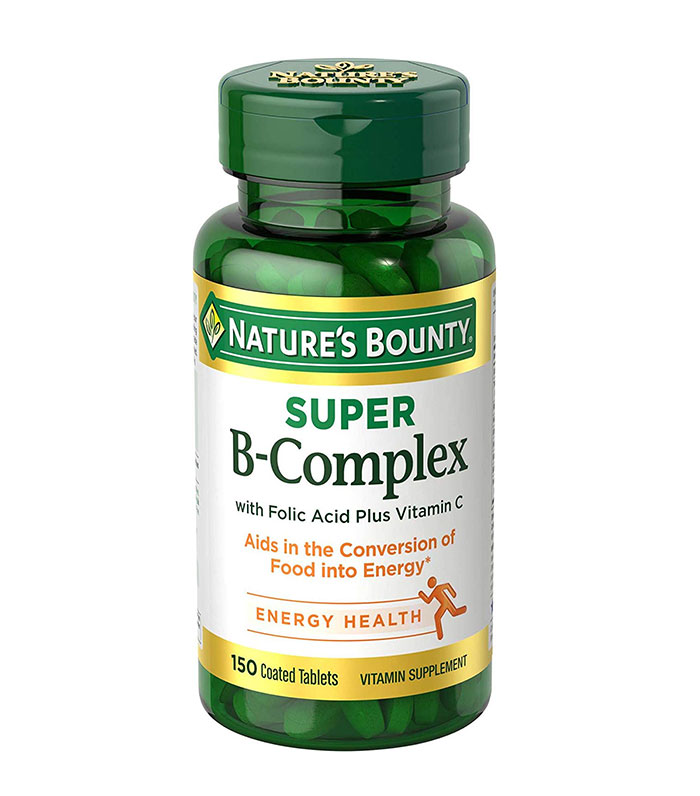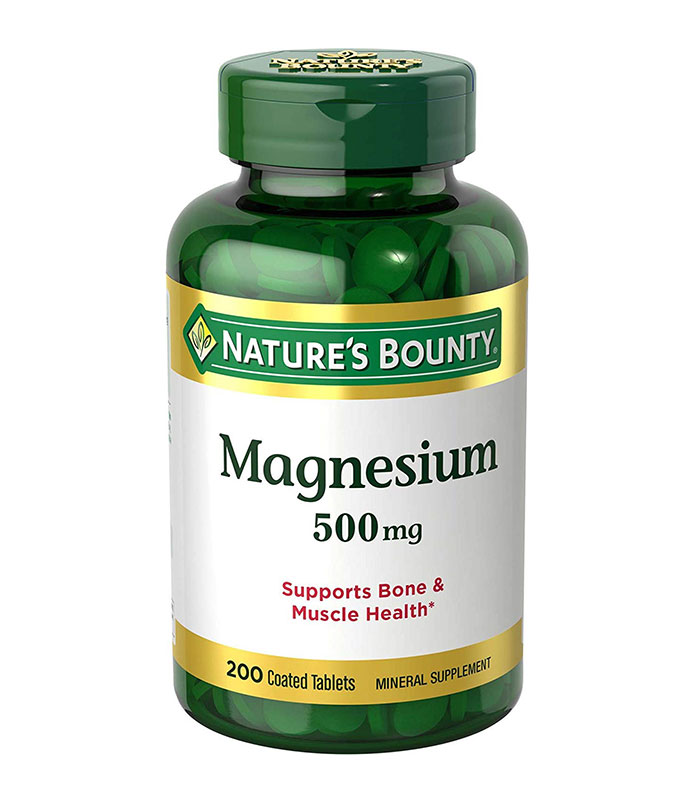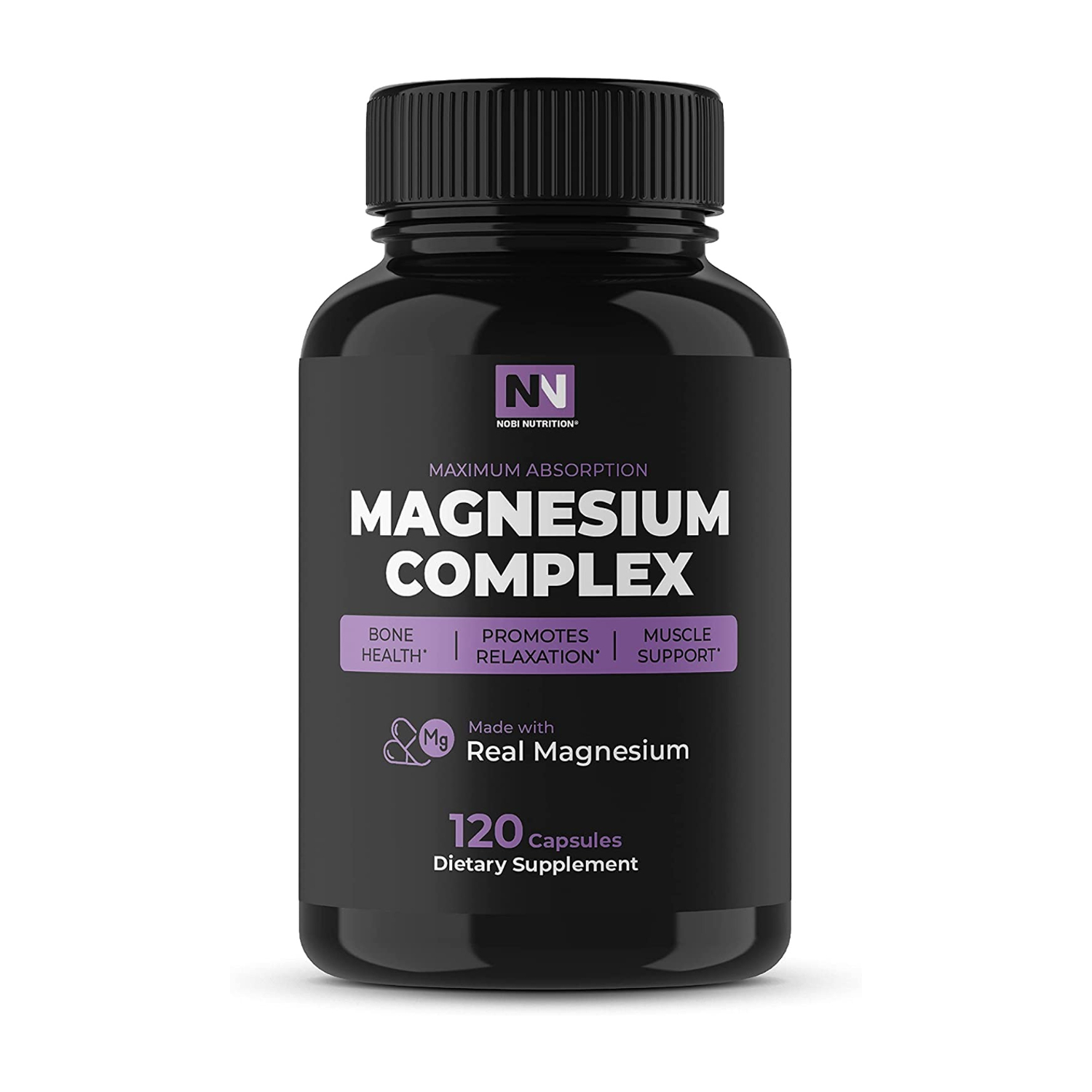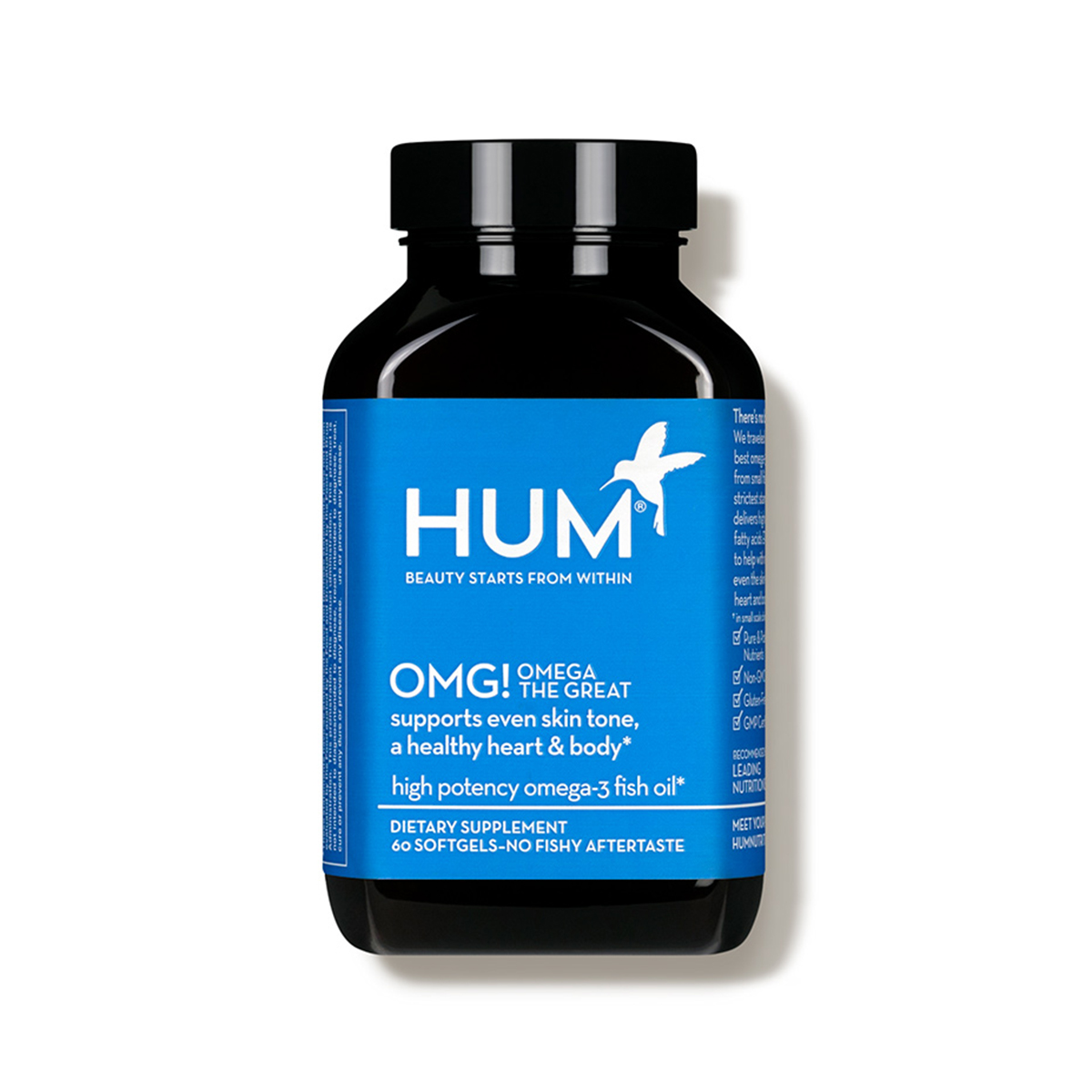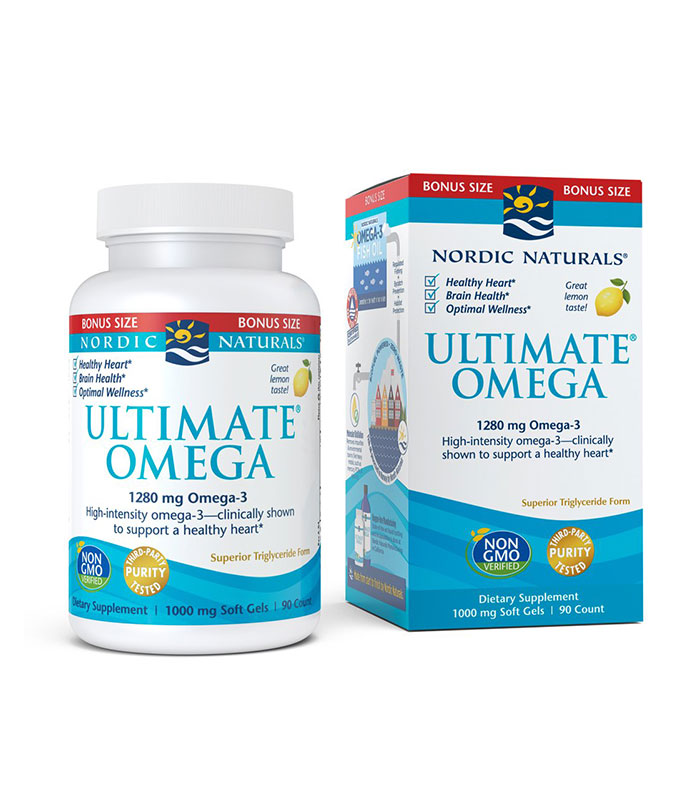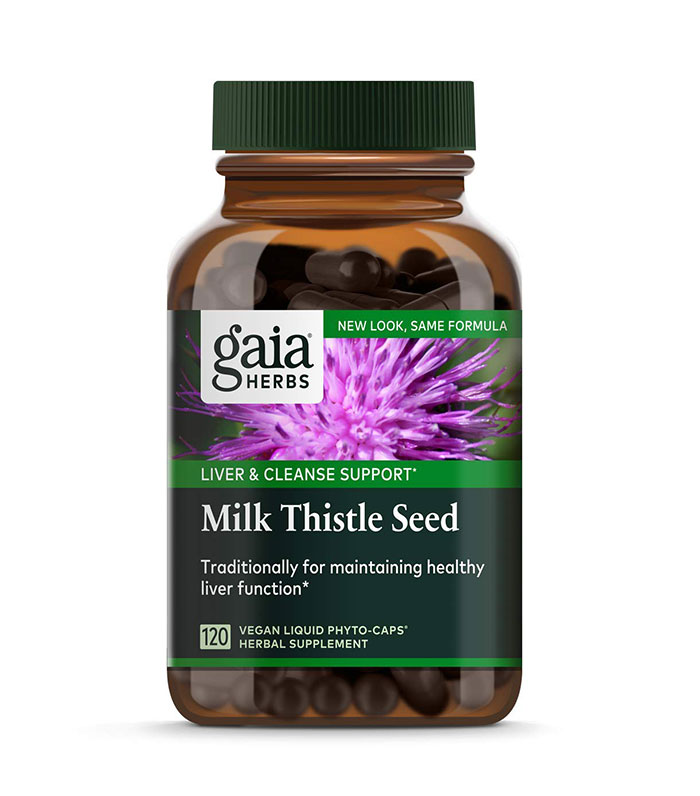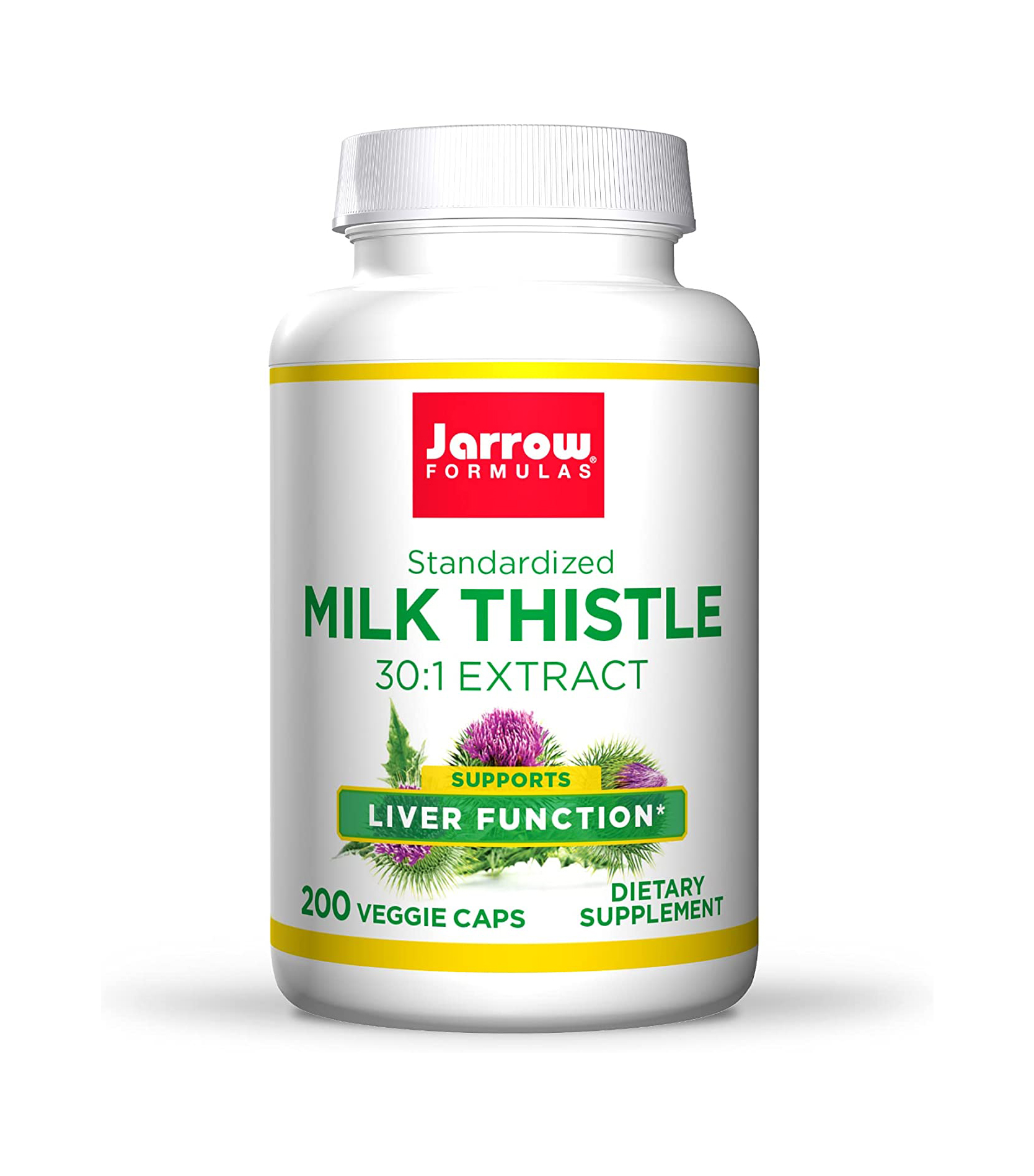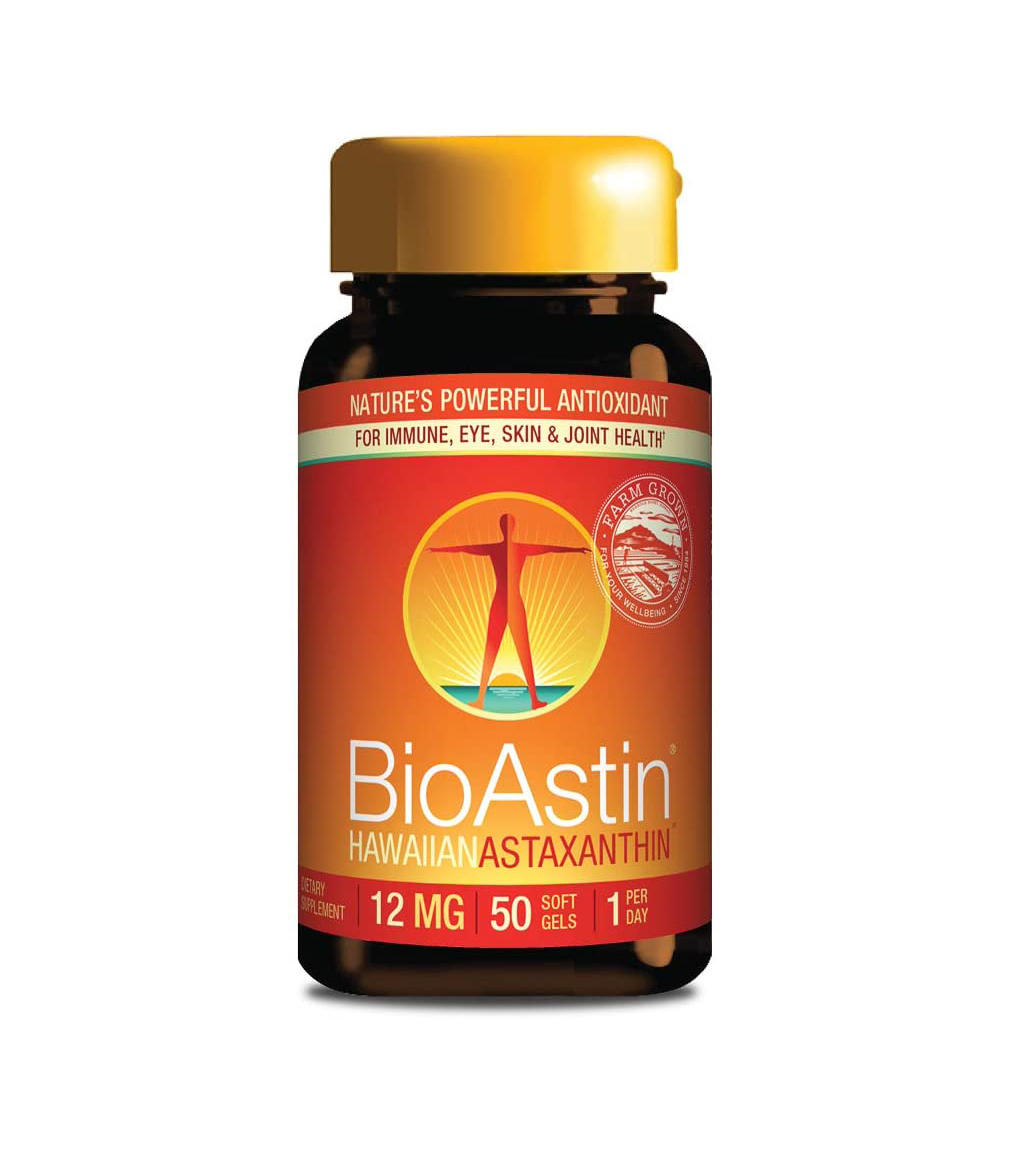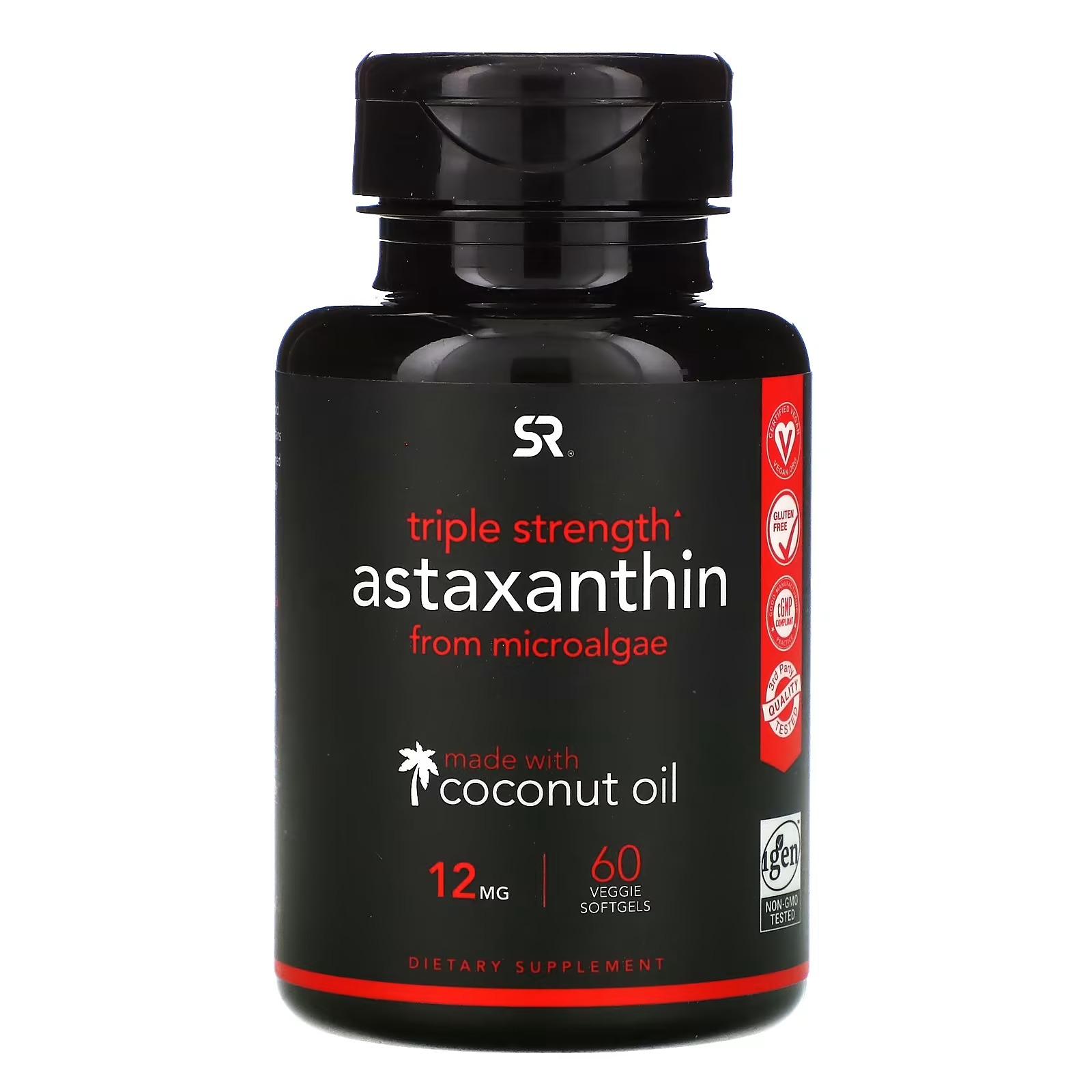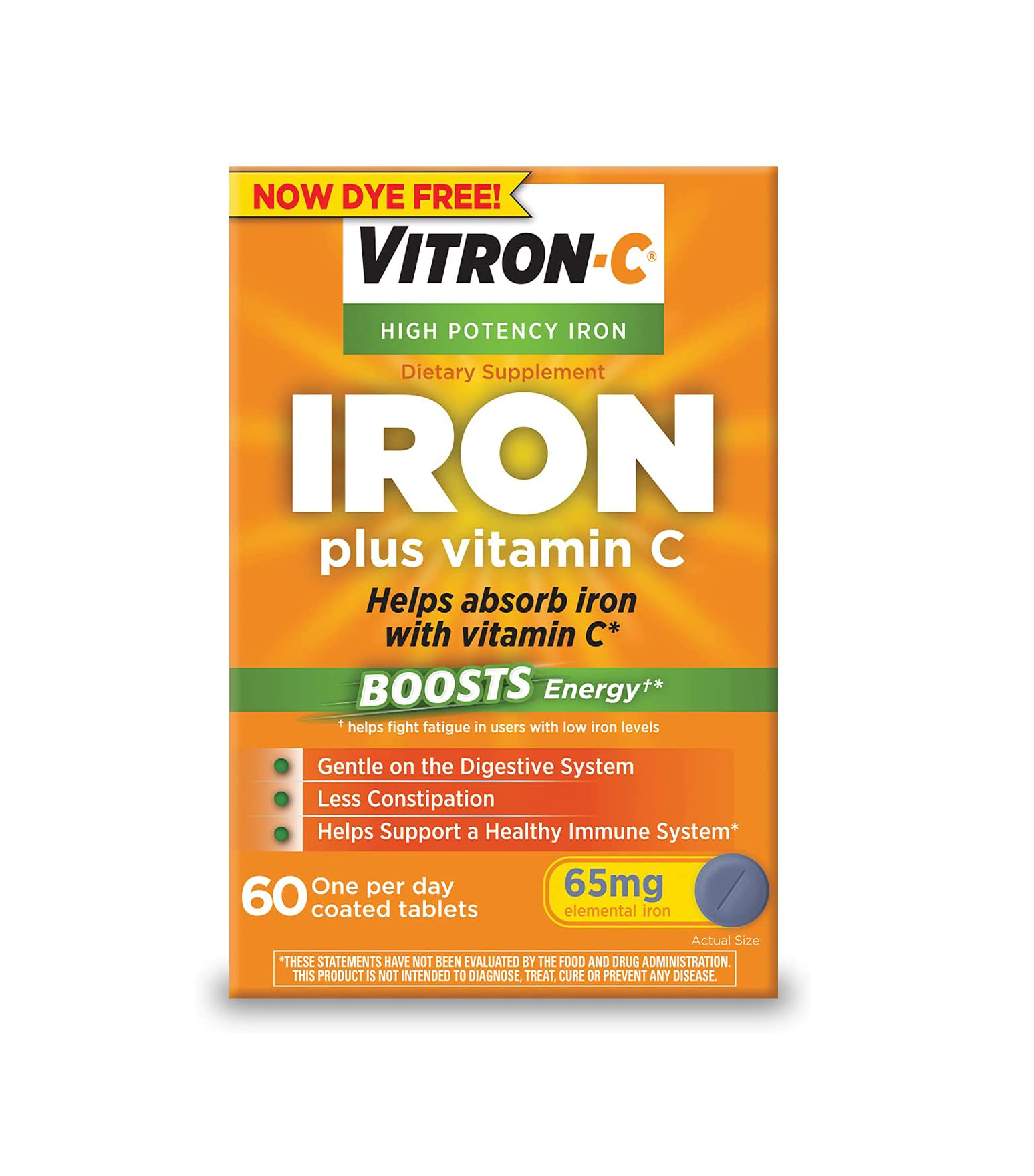These Are the Vitamins You Should Be Taking in Your 20s and 30s

When you're young, having the time of your life eating all the things, drinking, and staying up late, it's no surprise that your body, skin, and overall health might suffer. (Science, man.) But because just taking a multivitamin isn't good enough (more on that later), we got the true details from Jeffrey Gladd, MD, a member of the Care/Of Scientific Advisory Board, who talked us through which vitamins and supplements you actually need at this stage of your life plus which ones can give you some problems.

"In my practice, most of the 20- to 30-somethings generally have a poor diet," says Gladd. He gets it: Because of budgets and crazy schedules, processed and fast foods are a mainstay in our diets. (Oops.) But while various supplements rolled into one multivitamin are great in theory, many over-the-counter multivitamins "lack in quality and are often sourced synthetically and at marginal levels for good support."
Keep reading to find out which vitamins you should prioritize instead according to your needs.
For a better immune system, take vitamin D

"Vitamin D is necessary for immune and hormone support, but many individuals who live north of Atlanta often have low levels and deficiencies particularly in the winter months," points out Gladd. "Ideally, one would have levels measured to determine their ideal dose, but most would benefit from taking 1000 to 2000 IU daily of vitamin D3."
For a better mood and mental focus, take B vitamins

"The Bs are key for supporting cognitive and nerve health and mood," Gladd says. "B complex supplementation, with its inclusion of folate (B9) is particularly important for women in this age group to protect potential babies from spinal cord defects. Rather than single one B vitamin out, it is generally better to take them all in a B complex."
For a better-working body all around, take magnesium

"Magnesium is a mineral that is involved in over 300 reactions in the body and is unfortunately often lacking in the Standard American Diet," Gladd says. "Magnesium deficiency can cause constipation, heart palpitations, or muscle cramps. In general, look for a magnesium supplement that is sourced from natural sources, avoiding the commonly found magnesium oxide due to its generally poor absorption."
For a healthier brain, take fish oil

"The omega-3 fatty acids are essential for brain health and mood support as well as keeping inflammation at bay," Gladd explains. "Often low in the diet, one should consider fish oil as a way of getting a daily dose of this liquid gold. Aim for a product that will provide at least 1000 milligrams of EPA plus DHA total daily. For vegetarians and vegans, I'd recommend a high-quality veggie omega."
To keep your liver in check, take milk thistle

"It's been used to support healthy liver functions in Europe for a long time," Gladd says. "While scientific research has vacillated on the plant’s impact on the liver, the studies generally show benefit. I have regularly seen improvement in those with mild liver enzyme elevations."
For glowing skin, take astaxanthin

"I often recommend astaxanthin, a powerful antioxidant with strong research behind supporting healthy skin along with the added bonus of supporting heart health," adds Gladd.
The one to watch out for
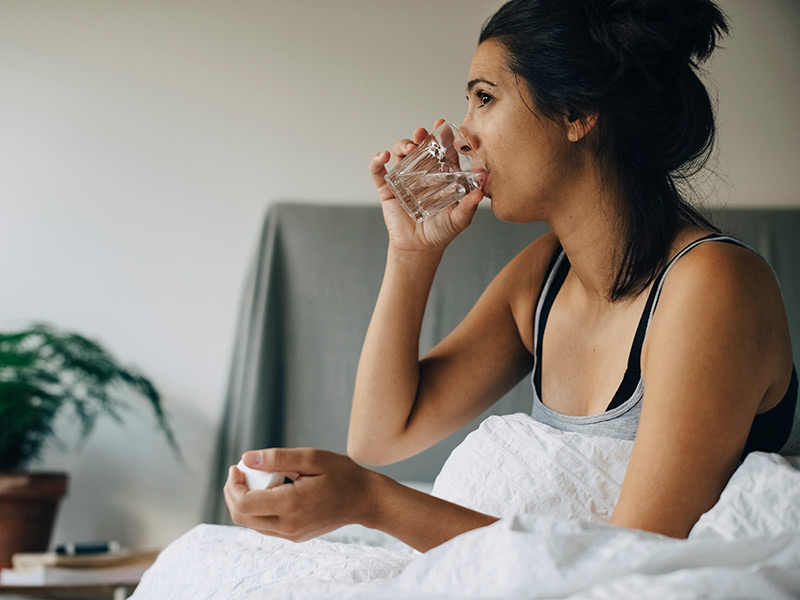
One supplement that's tricky, Gladd points out, is iron. "The problem with iron is that while you definitely do not want to be low, you also do not want to have excess amounts of iron, as it can be oxidizing or damaging. Men in this age group rarely need to consider iron supplementation, but women should have their iron levels checked. Having a period monthly means blood loss, and if the diet and/or digestive absorption are not supporting this loss with replacement, then you can start to feel the effects of iron deficiency: fatigue, brain fog, muscle cramps, or restless leg syndrome at night."

Sound like things you've experienced? Head to your doctor and have your blood checked. If you're low on iron, Gladd recommends taking iron supplements recommended by your doctor on—wait for it—an empty stomach with a small amount of orange juice. (We know—it's counterintuitive.) Gladd explains: "The vitamin C helps with absorption into the bloodstream."

Lastly, Gladd points out that above all, you should focus on eating right and having a healthy lifestyle—that will help with your overall wellness and is the best investment, obviously. Once that's addressed, you can use vitamins to help with the gaps.
Up Next, Nutritionists Say These Are the Best Gummy Vitamins.
This article was originally published at an earlier date and has since been updated.
This article is provided for informational purposes only and is not intended to be used in the place of advice of your physician or other medical professionals. You should always consult with your doctor or healthcare provider first with any health-related questions.
